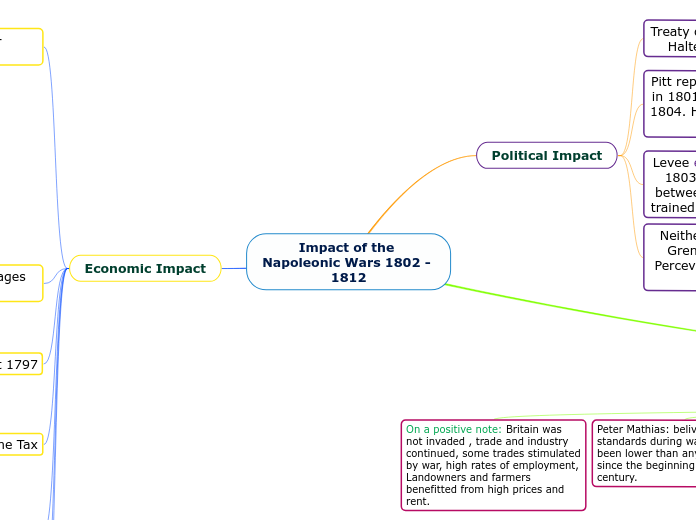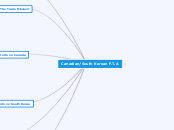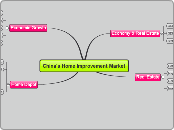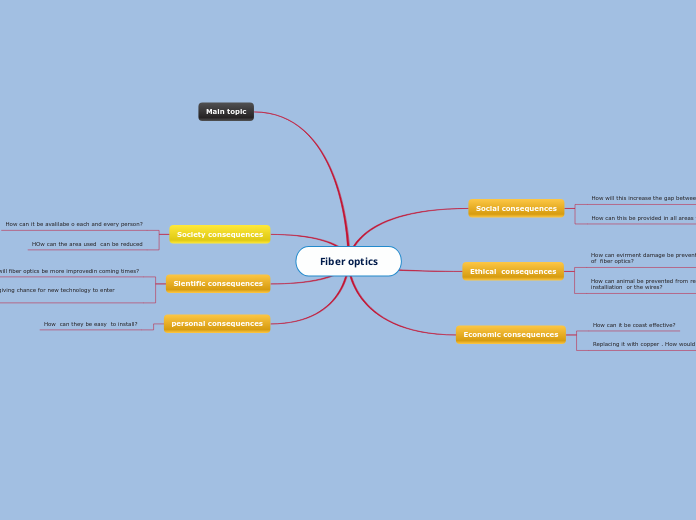av Molly Corcoran för 3 årar sedan
267
Impact of the Napoleonic Wars 1802 - 1812
The Napoleonic Wars had significant economic consequences, notably through Napoleon's blockade intended to cripple Britain's trade. The Berlin Decree of 1806 aimed to disrupt British imports and exports by preventing access to continental ports.









